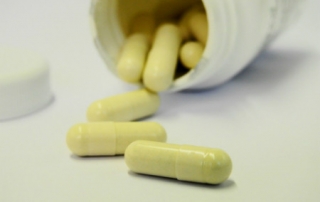New Research from the CWMH: History of Depression and Anxiety Predict Lower Quality of Life in Midlife Women
The National Comorbidity Survey estimates that by the time women reach midlife, approximately 23% have experienced at least one episode of major depression and 30% have been diagnosed with an anxiety disorder. Depression and anxiety disorders are each associated with impaired functioning and lower quality of life (QOL). There is also some data to suggest that, even after a depressive episode resolves, those with a history of a affective illness have a lower quality of life than those without histories of depression, with impairment in social and interpersonal functioning.







